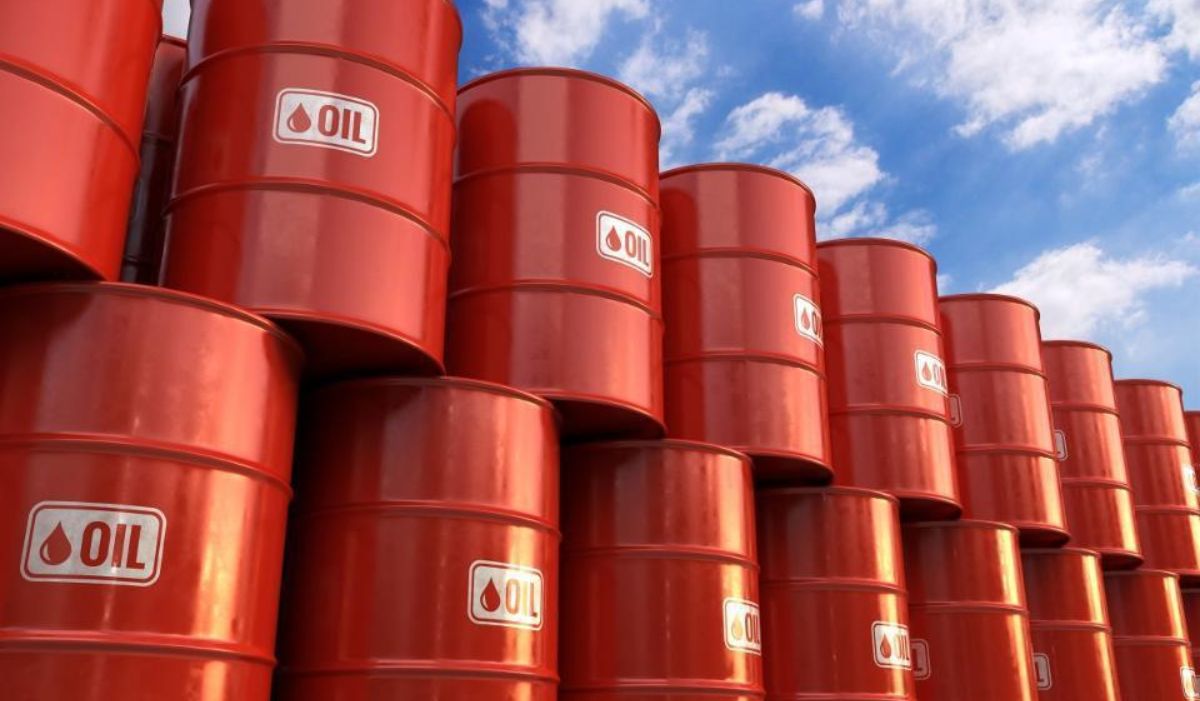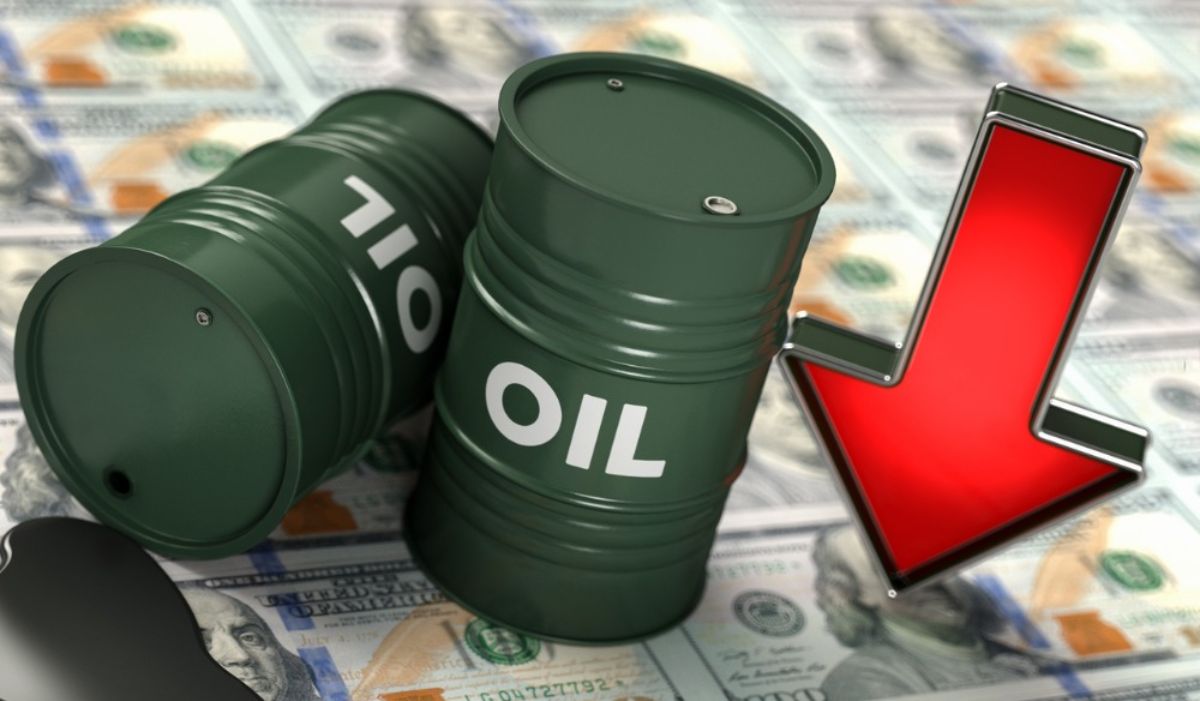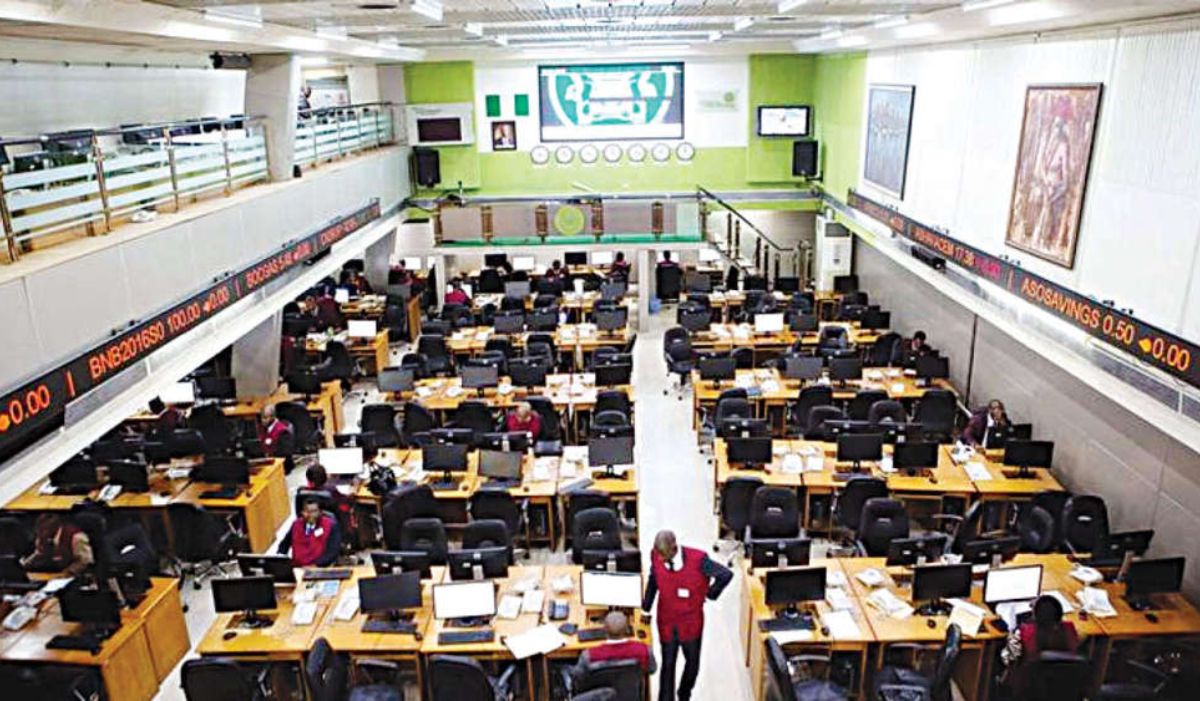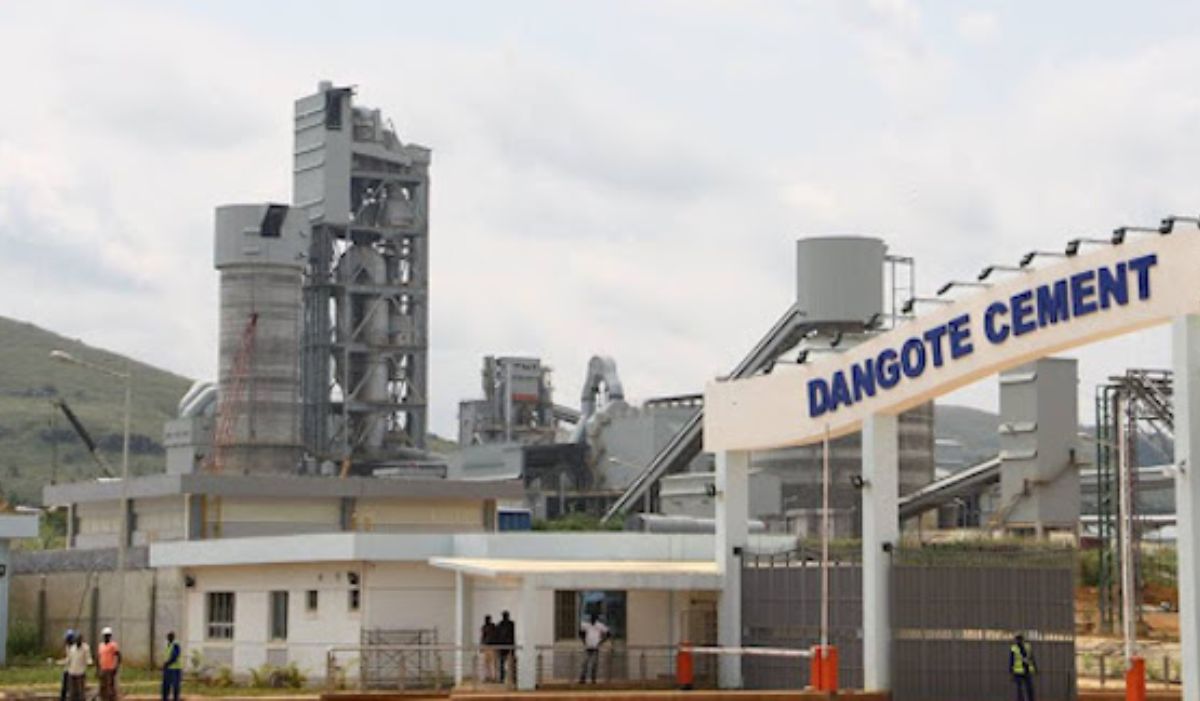Global Oil Markets Gain Momentum Following Trump’s Tariff Postponement

Energy markets experienced upward movement on Monday as traders responded positively to President Donald Trump’s announcement regarding the deferral of substantial European Union tariff implementation.
The petroleum sector’s gains were further bolstered by persistent geopolitical instability in Eastern Europe’s conflict zone.
The international oil standard, Brent crude, registered modest gains of approximately 0.01%, settling at $64.46 per barrel during Monday’s trading session. The American crude benchmark, West Texas Intermediate, demonstrated stronger performance with a 0.2% increase, climbing to $61.69 per barrel from the previous day’s close of $61.56.
Washington’s announcement regarding the postponement of a proposed 50% levy on European imports until July 9 came after direct communication between Trump and European Commission President Ursula von der Leyen. This development marked a significant shift from the administration’s earlier timeline.
Von der Leyen acknowledged the bilateral discussion and emphasised Brussels’ readiness to engage in rapid and determined negotiations. “To reach a good deal, we would need the time until July 9,” she said.
The American president had previously indicated that these trade restrictions would commence on June 1, justifying the measure by pointing to allegedly inequitable commercial practices that disadvantage American businesses. This postponement represents a momentary cooling of transatlantic trade friction, though fundamental disagreements over duties, government support mechanisms, and regulatory frameworks persist.
Industry experts interpret this postponement as favourable for petroleum markets, suggesting it enhances global economic optimism and strengthens projections for energy consumption. Concurrently, the escalating military situation in Ukraine maintains elevated risk assessments within oil trading circles.
Recent military developments have heightened market anxiety regarding potential supply disruptions. Ukrainian officials reported that Sunday’s overnight assault resulted in at least 12 fatalities and over 60 casualties during Russia’s second consecutive large-scale aerial campaign.
Ukraine’s military aviation command successfully neutralised 266 out of 298 unmanned aircraft deployed by Russian forces, while also intercepting 47 projectiles. Moscow’s defence establishment separately declared it had executed a comprehensive offensive against Ukrainian defence manufacturing sites and critical communication infrastructure.
This escalation in hostilities amplifies concerns about supply chain stability, contributing additional upward momentum to crude valuations.
Despite current gains, certain market observers maintain reservations due to ongoing concerns about potential oversupply conditions. The OPEC+ coalition, which includes both the Organisation of Petroleum Exporting Countries members and additional producing nations, has scheduled deliberations for June 1, where potential production adjustments may be evaluated.
The combination of diplomatic developments, geopolitical tensions, and production policy considerations continues to create a complex trading environment for global energy markets, with investors closely monitoring both political and supply-side factors that could influence future price movements.





